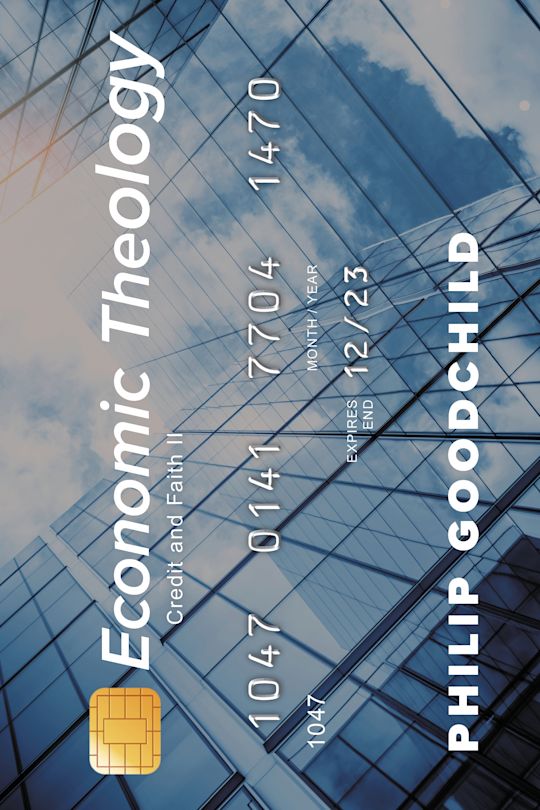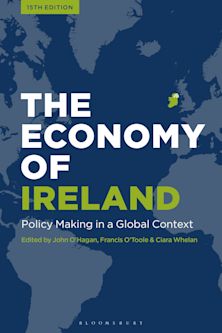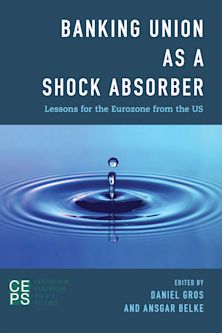Description
In Economic Theology, Goodchild offers a philosophical analysis of the contemporary economy in terms of the way it structures credit and faith. The Great Financial Crisis of 2007 and onwards has exposed the extent to which the economy functions as a network of credits and debts. Credit and debt may now be understood as the driving force of economic behaviour.
In this analysis, economic theories of markets and money are also ways of ordering trust. Similarly, the institutions of money, finance and banking provide the framework enabling trust and cooperation. Goodchild explores how reliance on such theories and institutions produces disequilibrium dynamics, growing inequalities, increasing enclosure, resource depletion and breakdown. Nevertheless, the failures of the system only intensify efforts to extend the system itself.
Building on and extending Goodchild’s Theology of Money, the author exposes the extent to which humanity has become enslaved within theories and institutions of its own making. As the second volume in his Credit and Faith trilogy, Goodchild explains how the economy itself is a way of shaping time and attention, care and evaluation, trust and cooperation, so directly assuming a theological role. This volume extends the theological critique of the dynamics of financial capitalism.
Table of Contents
Introduction
Part One: Markets and Money: Dynamics of Thought
1.1 Alchemy: The Creation of Money
1.2 Moral Equilibrium
1.3 Choice
1.4 Money as Moral Measure
1.5 Money as Theology
1.6 Sin
Part Two: Exploitation and Constraint: Dynamics of Conduct
2.1 Appropriation
2.2 Substitution
2.3 Anticipation
2.4 Debt Dynamics and Inequality
2.5 Constraints
Part Three: Finance and Salvation: Dynamics of Faith
3.1 Saving
3.2 Perfect Markets: The Duty of Finance
3.3 Liquidity: The Faith of Finance
3.4 Fictitious Capital: Derivatives
3.5 Fictitious Capital: Clearing
3.6 Fictitious Capital: Deficit Spending
Conclusion
Product details
| Published | 23 Jun 2020 |
|---|---|
| Format | Ebook (Epub & Mobi) |
| Edition | 1st |
| Extent | 214 |
| ISBN | 9781786614285 |
| Imprint | Rowman & Littlefield Publishers |
| Publisher | Bloomsbury Publishing |
Reviews

ONLINE RESOURCES
Bloomsbury Collections
This book is available on Bloomsbury Collections where your library has access.


































